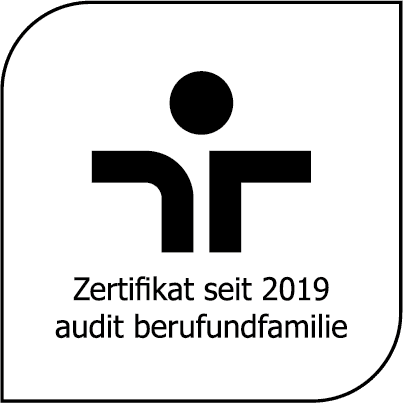Test instruments sorted
Contact person for the Open Test Archive
Gülay Karadere (Dipl.-Psych.)
Research Associate
guek@leibniz-psychology.org
SEK-ES
Fragebogen zur emotionsspezifischen Selbsteinschätzung emotionaler Kompetenzen
Short abstract
The SEK-ES measures emotional regulation competencies in a way that is emotionally specific and not across emotions in general, in contrast to the methods for measuring emotional regulation available to date. The theoretical and conceptual basis of the procedure was the competence-oriented model of adaptive emotion regulation by Berking (2010) and the SEK-27 developed to measure the components contained therein. Accordingly, the SEK-ES represents an emotion-specific modification of the SEK-27. The procedure consists of a part A) Feelings and moods (50 items) and a part B) Dealing with feelings and moods (12 items per affective reaction). Reliability: The internal consistencies lie between Cronbach's alpha = .67 and .97. For the retestreliabilities (4-week interval), values between rtt = .41 and rtt = .70 were calculated. Validity: The construct validity of the procedure is indicated by expected factor charges, hypothesis-compliant differences between control and clinical samples, and expected correlations to related constructs.
Leibniz Institute for Psychology (ZPID). (2019). Open Test Archive: SEK-ES. Fragebogen zur emotionsspezifischen Selbsteinschätzung emotionaler Kompetenzen. Available at: https://www.testarchiv.eu/en/test/9006700
Citation
Ebert, D. D., Christ, O. & Berking, M. (2014). SEK-ES. Fragebogen zur emotionsspezifischen Selbsteinschätzung emotionaler Kompetenzen [Verfahrensdokumentation, Fragebogen und Item-Skalen-Zuordnung]. In Leibniz-Institut für Psychologie (ZPID) (Hrsg.), Open Test Archive. Trier: ZPID.
https://doi.org/10.23668/psycharchives.6577
Short information
Short Name SEK-ES
English Name Self-Report Instrument for the Assessment of Emotion-Specific Regulation Skills (ERSQ-ES)
Authors Ebert, D.D., Christ, O., Berking, M.
Published in Test archive 2014
Copyright/Licence Copyright Authors; CC-BY-NC-ND 3.0
Language versions deu
Construct Competence-oriented model of adaptive emotion regulation (Berking, 2010)
Application age 16-79 years
Item number 146 items
Subscales (1) Feelings and moods, (2) Dealing with feelings and moods, (2.1) Stress/tension, (2.2) Anxiety, (2.3) Anger, (2.4) Sadness, (2.5) Depressed mood, (2.6) Other stressful feelings, (2.7) Other stressful feelings, (2.8) Positive feelings
Application Time No information.
Interpretation time A few minutes.
Internal consistency: Cronbach's alpha = .67-.97. Retest reliability: rtt = .41-.70 (4-week interval).
Findings on construct validity.
None; Reference data: Means and standard deviations.
Applications Research, Practice
Older versions
Version 1: https://doi.org/10.23668/psycharchives.435
There is no abstract in English available. Short information about the measure can be found under Overview. More can be found on the German pages.
There is no review in English available. Short information about the measure can be found under Overview. More can be found on the German pages.
First published in
Ebert, D. D., Christ, O. & Berking, M. (2012). Entwicklung und Validierung eines Fragebogens zur emotionsspezifischen Selbsteinschätzung emotionaler Kompetenzen (SEK-ES). Marburg: Philipps-Universität Marburg, Fachbereich Psychologie.
Feedback form
Feedback on the use of a procedure from the Open Test Archive of the Leibniz Institute for Psychology (ZPID) to the test author(s)
Contact information
Prof. Dr. Oliver Christ, FernUniversität in Hagen, Fakultät für Psychologie, LG Psychologische Methodenlehre und Evaluation, D-58084 Hagen
Prof. Dr. Matthias Berking, Lehrstuhl für Klinische Psychologie und Psychotherapie, Hochschulambulanz für Psychologische Psychotherapie (HAP), Nägelsbachstraße 25a, D-91052 Erlangen

 Learn more about us!
Learn more about us! 
